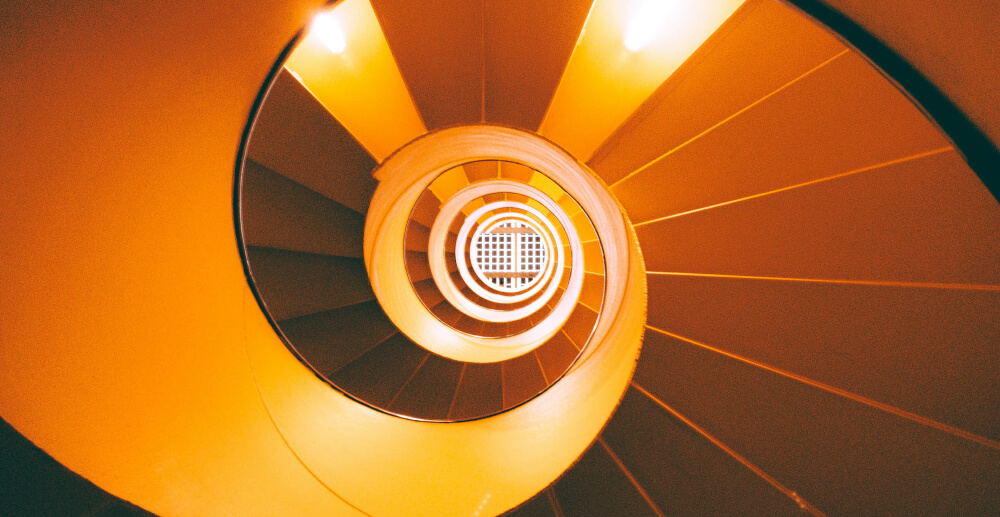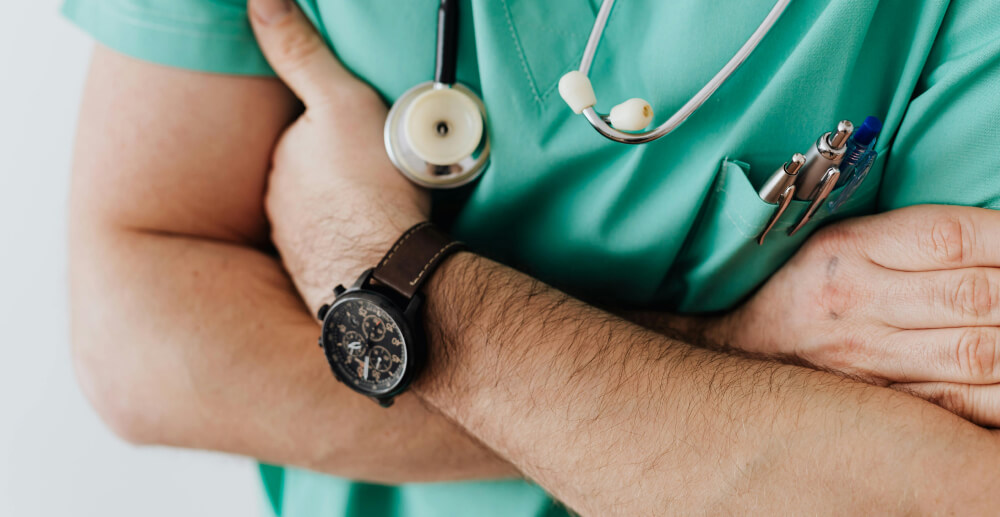“It’s just us three from here on out,” I remember thinking as I stood in my kitchen and stared at the scruffy faces of my two cats. See, I was getting divorced and it was hard not to feel like a divorced old cat lady.
This person is a cliché for reason: they actually exist and now I was them. Here I was a gay man at 46 years old as my ex-husband went off with his new, younger boyfriend and I was left the consolation prize of these two felines. Oh, don’t get me wrong. They are delightful creatures and better than most people I know. It’s just that I never pictured myself here. Ten years sober and suddenly single. Yet that is precisely where I found myself this summer. If you would have told me this is where I would wind up when I was new to recovery in 2009, I might have rethought this whole getting sober thing. Instead of nonstop glitter and rainbows, this unexpected turn in sobriety was really hard and full of challenges. Plus, completely lacking in substances to help me take the edge off. What was even more daunting was the idea of returning to dating after being out of the game for over 9 years. The world of gay dating had changed since I took myself off the market. I had missed the advent of Grindr, Scruff and all of the other dating apps. Also, I was left with a surplus of time and nobody to come home to. How was I going to survive any of this without my old coping strategies (i.e. lots of drugs and alcohol)?
“In a lot of ways, being newly single is like being newly sober. When I was new to recovery, much of what I faced was just trying to do this whole life thing without drugs and alcohol. ”
The answer in short was I wasn’t if I tried it alone. This didn’t mean hopping right into another relationship. Dear god. No. I knew as much as I problem that I have with drugs and alcohol, I had at least that much of a problem with relationships. Not only am I from a long line of folks with mental health challenges and substance use disorders, but codependency also runs in my family as well. This genetic jackpot meant if I knew what was good for me, I’d avoid love and drugs of any kind and run screaming to my therapist’s office, which is exactly what I did. The only man I saw with regularity was my therapist and I paid him to put up with me. Not that a similar arrangement couldn’t be found elsewhere but I kept it in the purely therapeutic lane. I meant not alone in the sense of not having any support. If sobriety has taught me anything, it’s that I can’t get through change or challenging times all by my lonesome. Therefore, in addition to my therapist, I leaned heavily on my other sober friends. In addition to late-night crying sessions and moments when I just needed someone to remind me to eat and take a shower, my sober support system help me see that I was eventually going to be okay but until then it was normal to not be okay too. Feeling all of my feelings, another horrible, icky thing I avoided when I was using, was key in this whole newly single thing. It was okay to feel heartbroken, to feel mad, to feel overwhelmed and bewildered by this newly single thing. Every person I talked to who had gone through a breakup had described the same rollercoaster of emotions. Every sober person I talked to about this, however, said something else: no person, no heartache no matter how bad it was worth losing my sobriety over. They were right and it wasn’t going to go down like that.
“Sure, sure it sucks being a 46-year-old sober gay man being single in a youth obsessed culture but it sucks more being stuck in a marriage that wasn’t working. I now got the opportunity to find out who I am without out him, like I did when I said goodbye to substances. ”
In a lot of ways, being newly single is like being newly sober. When I was new to recovery, much of what I faced was just trying to do this whole life thing without drugs and alcohol. My breakup has felt the same. The comfort, the thing I relied on, the fuel for my day-to-day life was no longer. I would have to figure out how to navigate life without it. Much like when booze and drugs had been gone for a while, I also started to realize how my old relationship wasn’t serving me. So here I am without my relationship and drugs and alcohol and in uncharted waters and you know what? It’s kind of incredible. Sure, sure it sucks being a 46-year-old sober gay man being single in a youth-obsessed culture but it sucks more being stuck in a marriage that wasn’t working. I now got the opportunity to find out who I am without out him like I did when I said goodbye to substances. What did I even like? Did I even want another relationship? Who was I? Turns out, I’m pretty awesome. I am incredible company and recovery helped me figure that out in the first place. I like going to dinner and movies by myself. I like having plans with friends and not coming home at any specific time. It wasn’t some sad-ass cat lady existence because I liked myself and for what it’s worth, as my cats very much too.
Last week, I woke up with the two scruffy aforementioned faces on my bed. It was just us and it was okay. Better than okay. I felt grateful to be on the other side of the bulk of all the sadness and chaos that a breakup brings. Oh, of course, newly single life still scares the hell out of me and I feel lonely and sad on a regular basis. There are still a lot of mechanical pieces in play about this divorce which have unknown and potentially stressful outcomes. But oddly none of it matters. Recovery prepared me for the idea that everything changes and that as long as I didn’t pick up a drink or use I would be okay. Sober with cats beats drunk and in a relationship any day of the week. Plus I never have to worry about my cats leaving me for someone younger.








